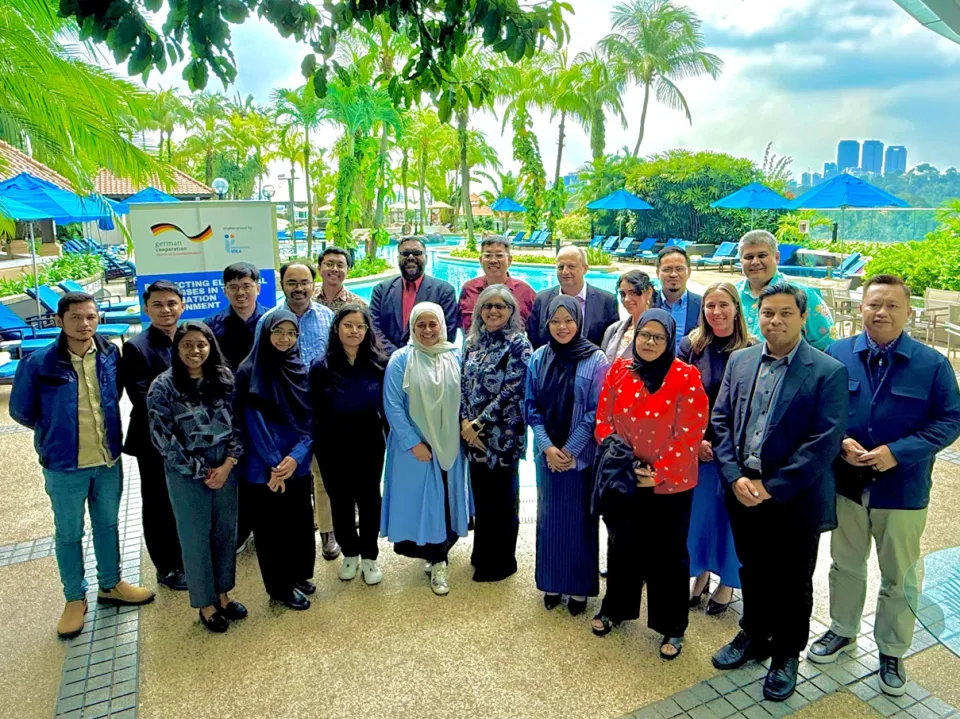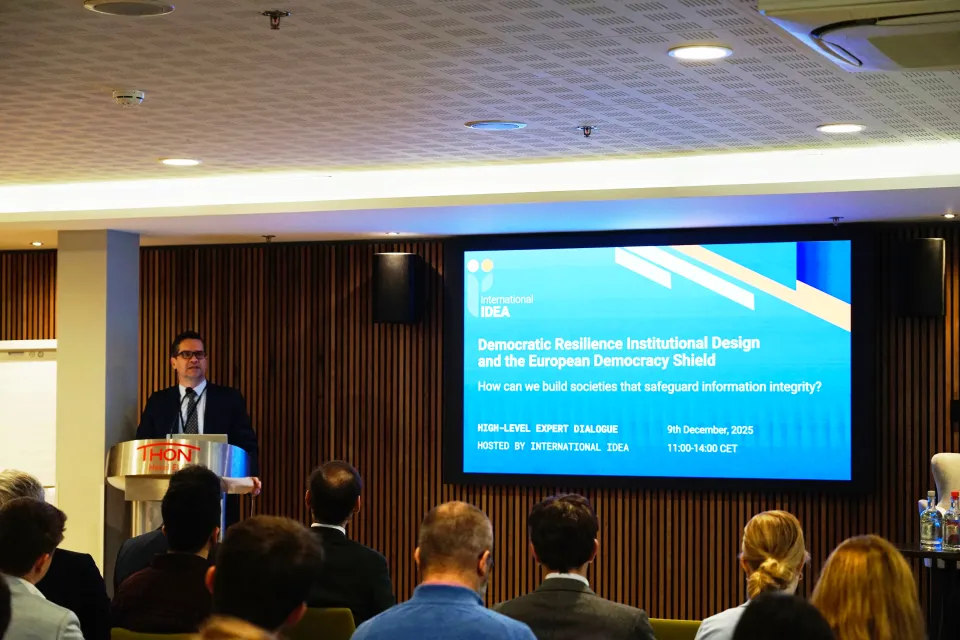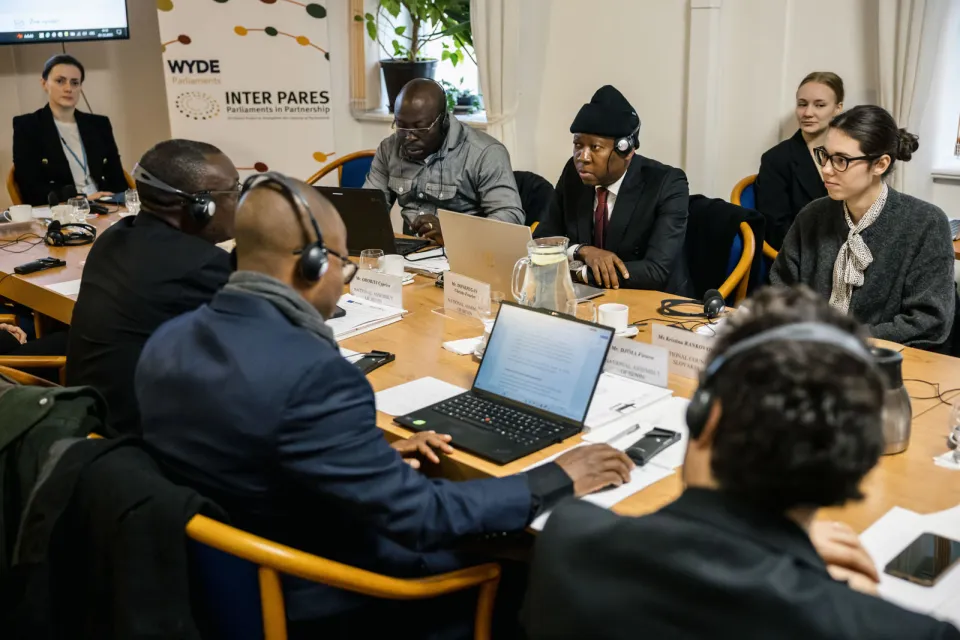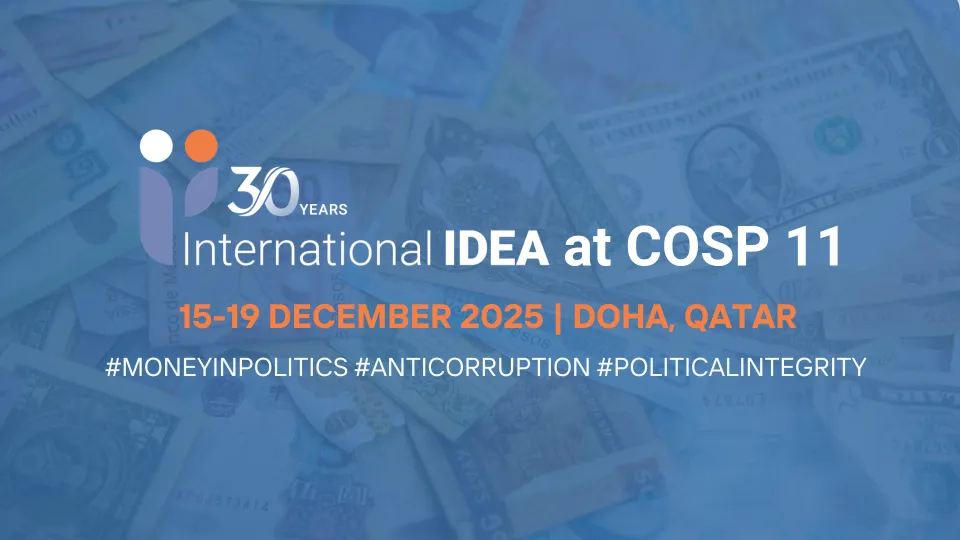Protecting democracy from technology and big data
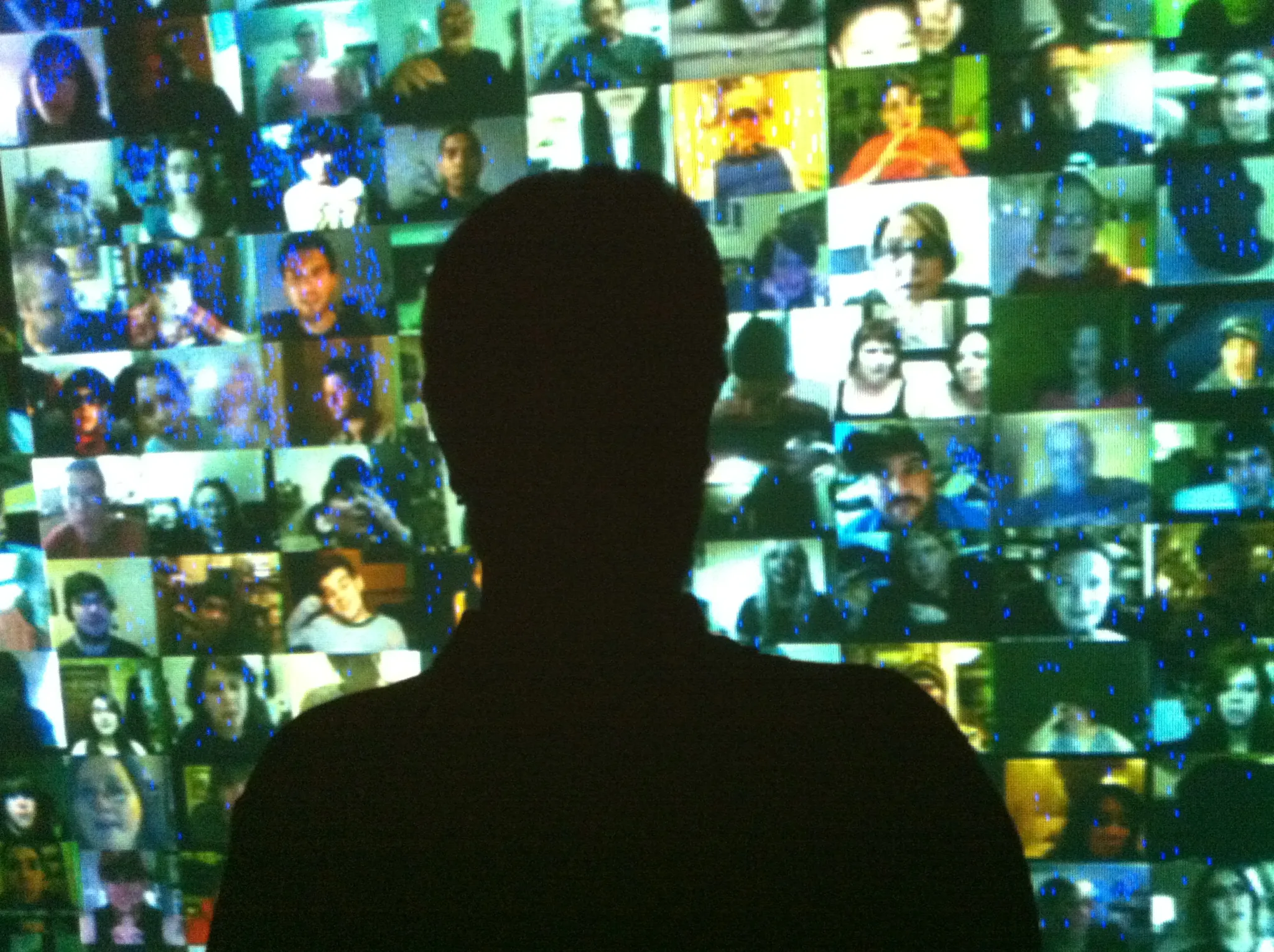
Disclaimer: Views expressed in this commentary are those of the staff member. This commentary is independent of specific national or political interests. Views expressed do not necessarily represent the institutional position of International IDEA, its Board of Advisers or its Council of Member States.
Diverse recent revelations have shed light on how Russian companies and political operatives might have used Facebook ,Google and Twitter to influence voters in the last U.S. presidential elections. This merely confirms the extraordinary extent to which information technology is transforming democratic politics, and the potential negative uses that lack of legislation has allowed in the US, UK or Indonesia among others.
Political actors have understood this. They know that winning campaigns isn’t just about presenting voters with convincing political programs or appealing candidates – increasingly it’s about building databases and using them to target key constituencies and profiles. Such targeting can also take very unethical approaches. Parties and candidates all over the world are flocking to the lure of big data, and companies like Cambridge Analytica and Palantir are making headlines from Washington to Nairobi to London.
Political campaigns have long made use of various kinds of data, such as census results or demographic surveys. But the Internet has changed everything. Each time we like a Facebook post, watch a series on Netflix, buy on Amazon, retweet, or even enter a Google search, we’re leaving behind a detailed digital trail that reveals a great deal about our habits, our opinions, and – if properly analyzed – our political preferences. This enables political operatives to slice and dice the electorate down to an extraordinary of detail – the process known as “microtargeting.”
The sophistication of these efforts already threatens to undermine democratic processes by reducing accountability and creating new opportunities for deception and polarization. As a consequence, the British privacy watchdog, the Information Commissioner’s Office, has launched an official inquiry into potential breaches of UK electoral legislation when sending targeted political messages to certain groups based on personal data.
Microtargeting and the use of big data poses different challenges to democracy. First, online microtargeting poses complex legal challenges. Countries generally envision electoral legislation for use solely within their own territories. Yet microtargeting has shifted campaigns to the largely unregulated space of the Internet. National laws are inadequate to regulating what happens online, especially because much of the data is stored and managed outside the country.
Second, there’s the financial factor. Big data costs big money. The Economist refers to data as the world’s most valuable resource. Even though reformers around the world have been trying to reduce or control the role money plays in politics, spending on digital campaigns, including microtargeting, is improperly or entirely unregulated.
Until this problem is addressed, campaigns can bypass legislation or use legal loopholes to avoid spending caps, one of the ways countries attempt to limit the amounts spent on campaigns. But political parties can hide expenses from monitoring authorities by conducting their activities outside national borders. The origin of the funds can also be hidden, which allows foreign powers to meddle in any campaign. These concerns have been raised in elections in the United States, UK or France recently.
Third, the use of data for microtargeting in electoral campaigns presents serious ethical problems. By creating ads that are viewed only by small audiences, campaigns can dodge public scrutiny. Staying out of public view enables campaigns and parties to more easily manipulate facts, increasing polarization. The last mayoral elections in Jakarta experienced a surge in the use of inflammatory “fake news,” greatly increasing communal tensions. In highly divided countries, or at times when ethnic or religious tensions run high, the ability to target certain social groups online can have catastrophic consequences.
Fourth, there is a valid concern that political operatives can use microtargeting to undermine the free will of voters. The digital traces that we leave all over the Internet reveal a great deal about which type of arguments might persuade us to switch our ideas. Political operatives can use such information to design those arguments and constantly confront us with them, out of reach of public scrutiny. Some observers of the 2016 presidential campaign in the U.S. have worried that microtargeters might have used a cascade of scandalous stories about candidates in order to suppress voter turnout.
The quality of political campaigns is a good measure of the health of a democratic system. When candidates run fact-based campaigns subject to civilized, peaceful debates, according to fair rules accepted by all involved, that’s a sign that democracy is in good health.
In fact, however, the opposite is happening. Although additional information should allow for fact-based political campaigns, the use of big data is allowing political operatives to operate maliciously, with a complete lack of accountability, which make politics grow void of content because literally anything can be said. . Also, as microtargeting takes place outside the public eye, the comparison of fact-based campaigns in order to decide a vote disappears.
Privacy laws and campaign regulation should be the building blocks of new laws aimed at addressing the financial and ethical pitfalls of microtargeting. Only by proactively addressing these challenges we can be sure our democracies can safely survive in the time of big data.

